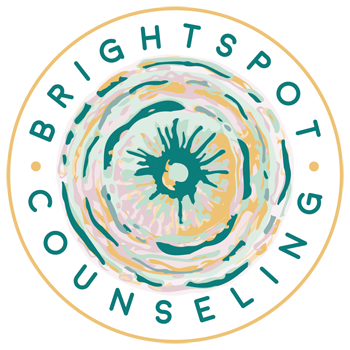Ideally, at the end of a long and tiresome day, we come to bed like it is a devoted friend, and we sleep blissfully, straight through the night. When we wake up, we feel refreshed and energized, ready to take on whatever the new day brings.
But for some of us, this is a much-desired fantasy. Insomnia disrupts our regular sleep patterns and can manifest itself in three forms:
- Inability to fall asleep. We feel ready to sleep, but despite our best efforts, our mind remains active, and we cannot fall asleep.
- Interrupted sleep. We fall asleep, but we wake up frequently throughout the night and may have trouble falling back asleep.
- Unfulfilling sleep. No matter how long we sleep, we may wake up in the morning not feeling refreshed and alert.
Regular Sleeping Patterns and Their Functions
Our late-night drowsiness is conditioned by the circadian rhythm, a biochemical clock that helps determine our activity level.
Once we are asleep, we cycle through two main phases, which are needed to provide us with the benefits of sleep:
- Deep sleep: That is especially important for brain health and function. It is restorative and allows the brain to recover from a day of thinking and replenish energy in anticipation of the next day.
- REM (rapid eye movement) sleep: When our body is in a near-wakefulness state and when most of our dreaming occurs.
Effects of Insomnia on the Brain
A study at the University of California in San Diego showed that insomniacs have different brain activity patterns while performing simple memory tests.
Another study, quoted by the American Academy of Sleep Medicine, says that insomnia brings about changes in the brain structure, which can lead to impaired thinking and emotional regulation.
So, for example, insomniacs may find themselves adding two simple numbers and getting a wrong total, forgetting keys somewhere, or calling someone by the wrong name. Insomnia may also lead to individuals becoming easily irritated and often experiencing anxiety or a depressed mood.
How to Avoid Insomnia and Build a Better Relationship with Sleep
- Commit to a wind-down period at the end of the day. Turn off electronic devices and surround yourself with sleep-inducing things like a warm bath, a good book, herbal tea, or a relaxing game.
- Use your bed only for sleep and intimacy. When we use our bed for daily tasks, whether it’s finishing homework or having a snack, we come to associate this haven for sleep with activity and not restfulness.
- Incorporate exercise or stretching as an everyday activity. Physical activity is a great way to tire ourselves out and make us more likely to fall asleep.
If you continue to experience difficulties with your sleep pattern, reach out to a trained CBT-I professional for help. Contact Bright Spot to schedule a consultation with one of our clinicians.





